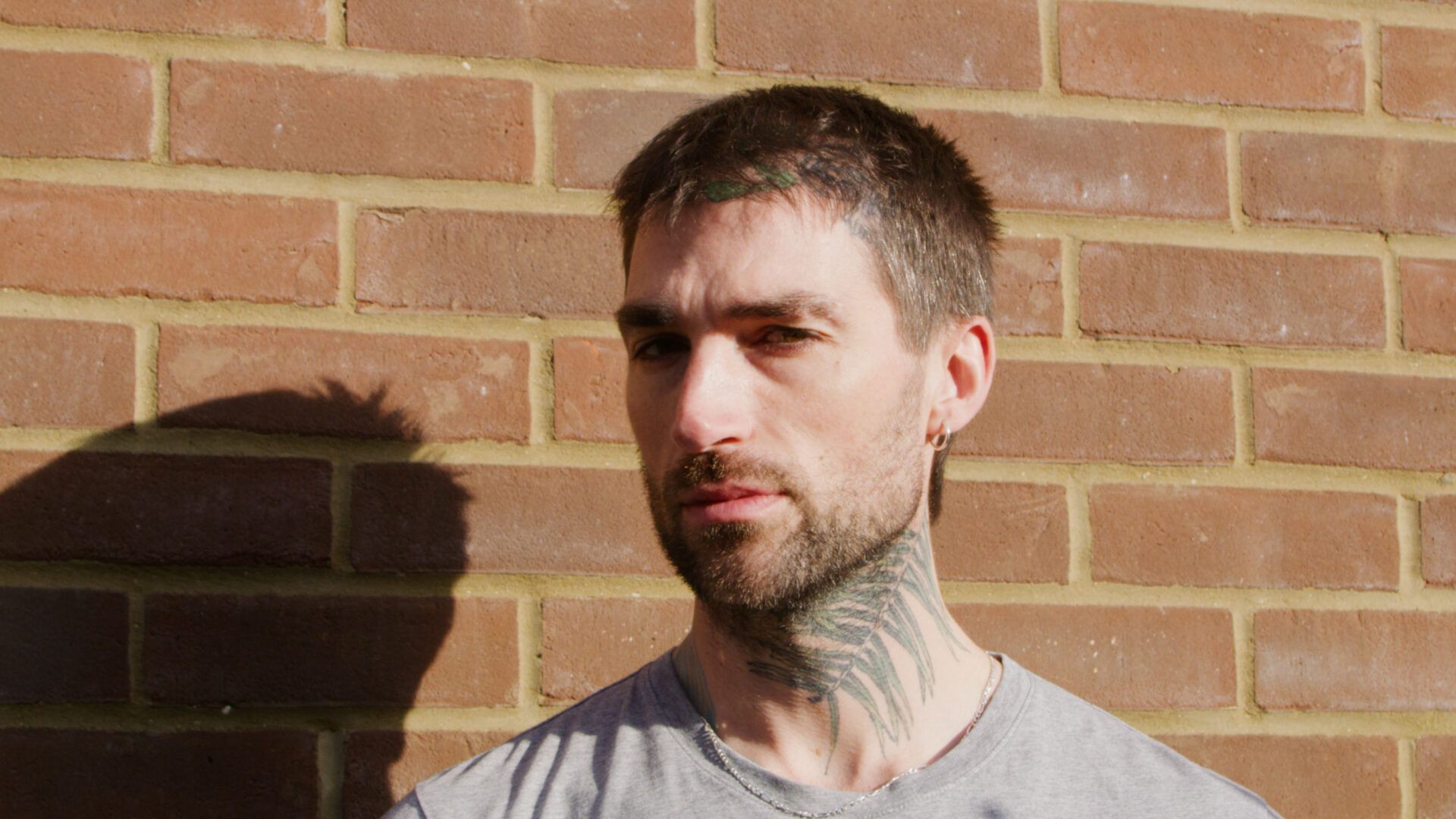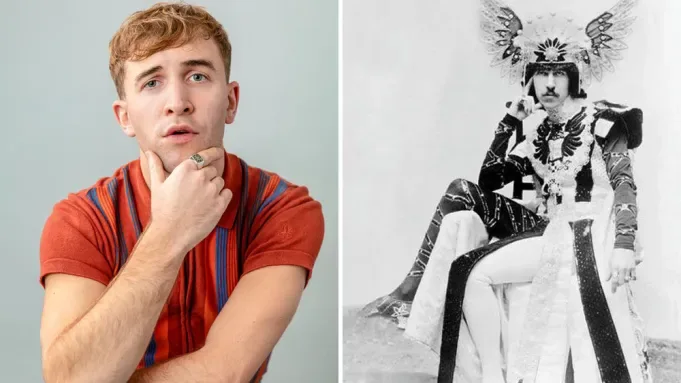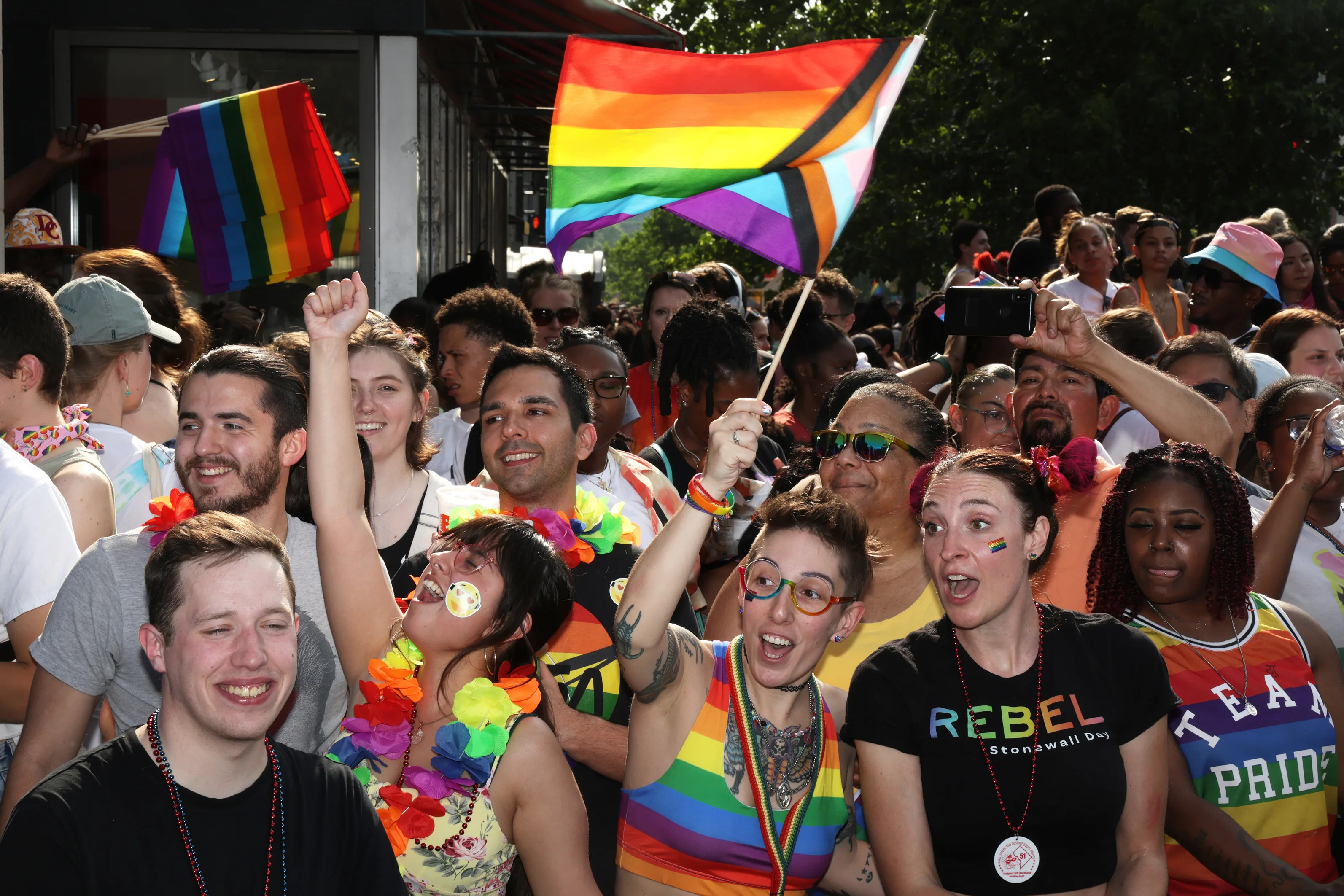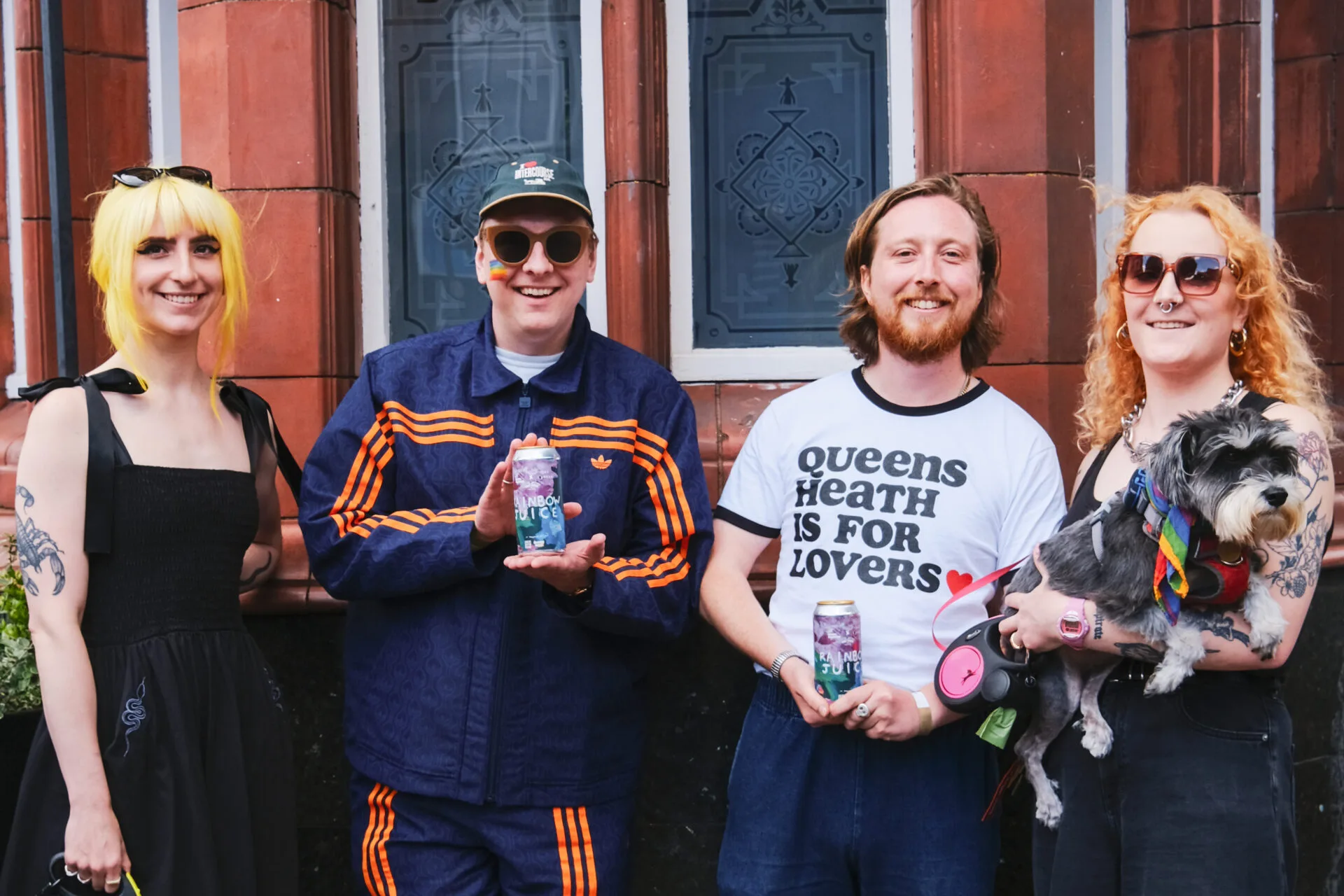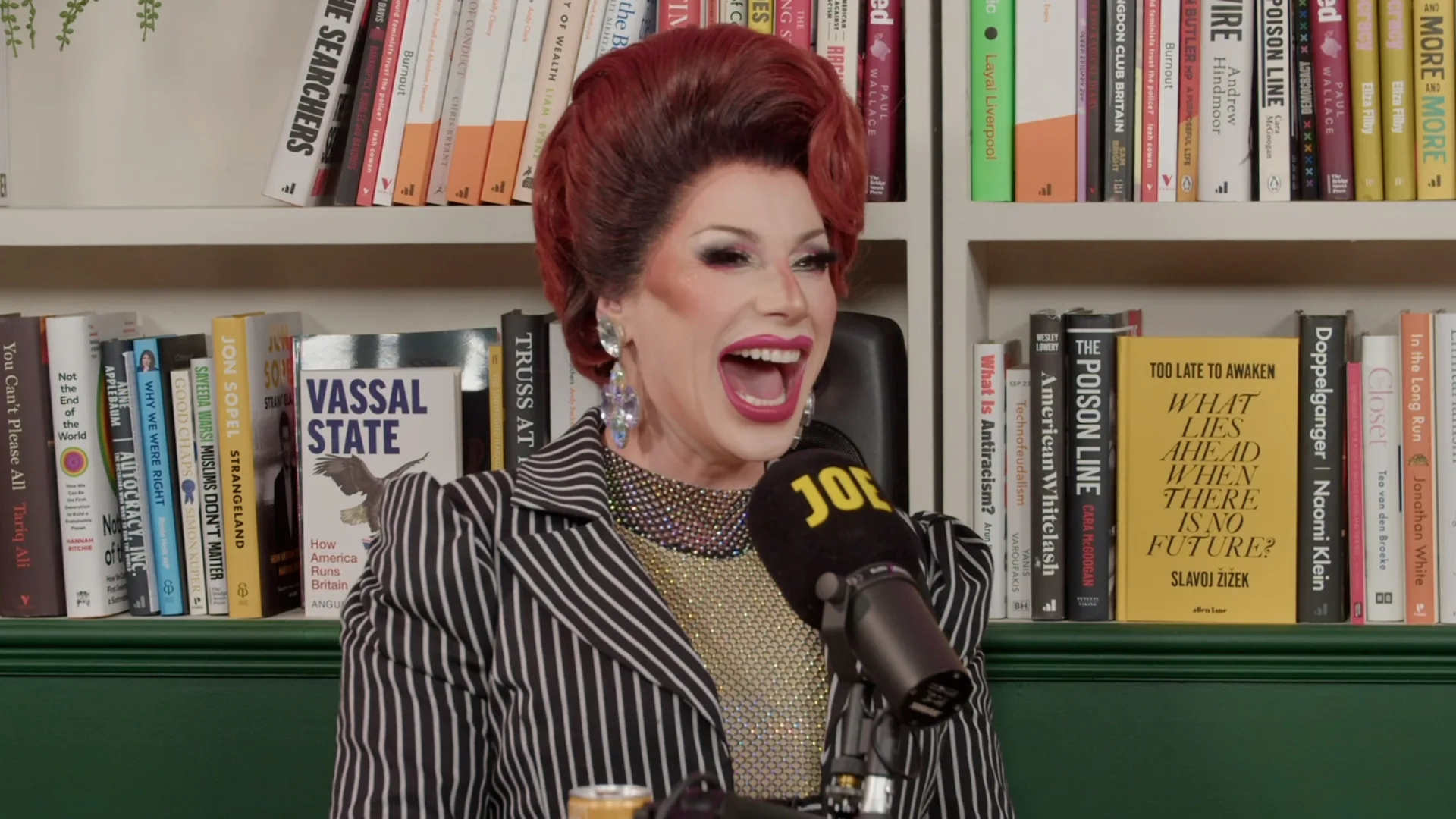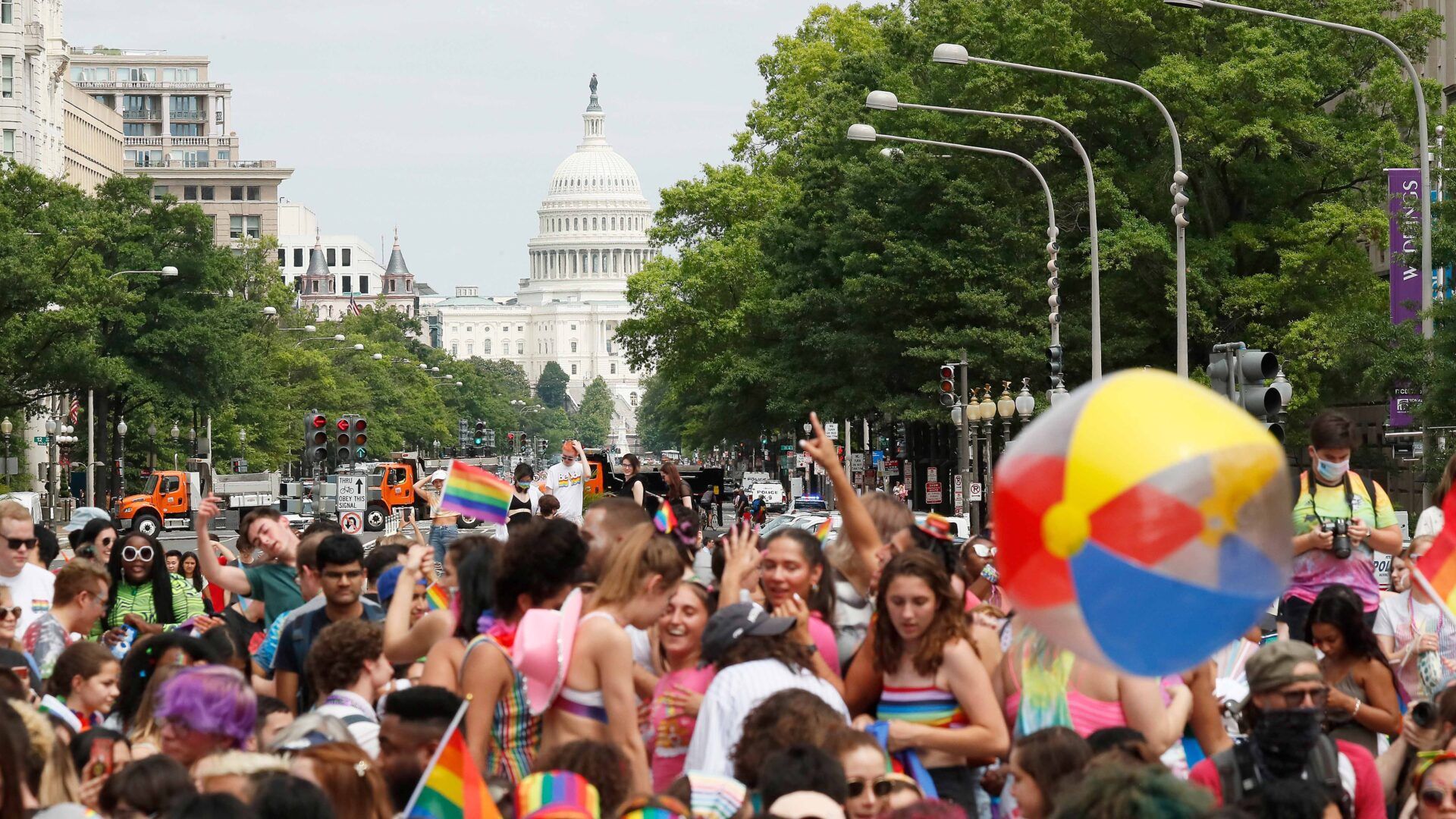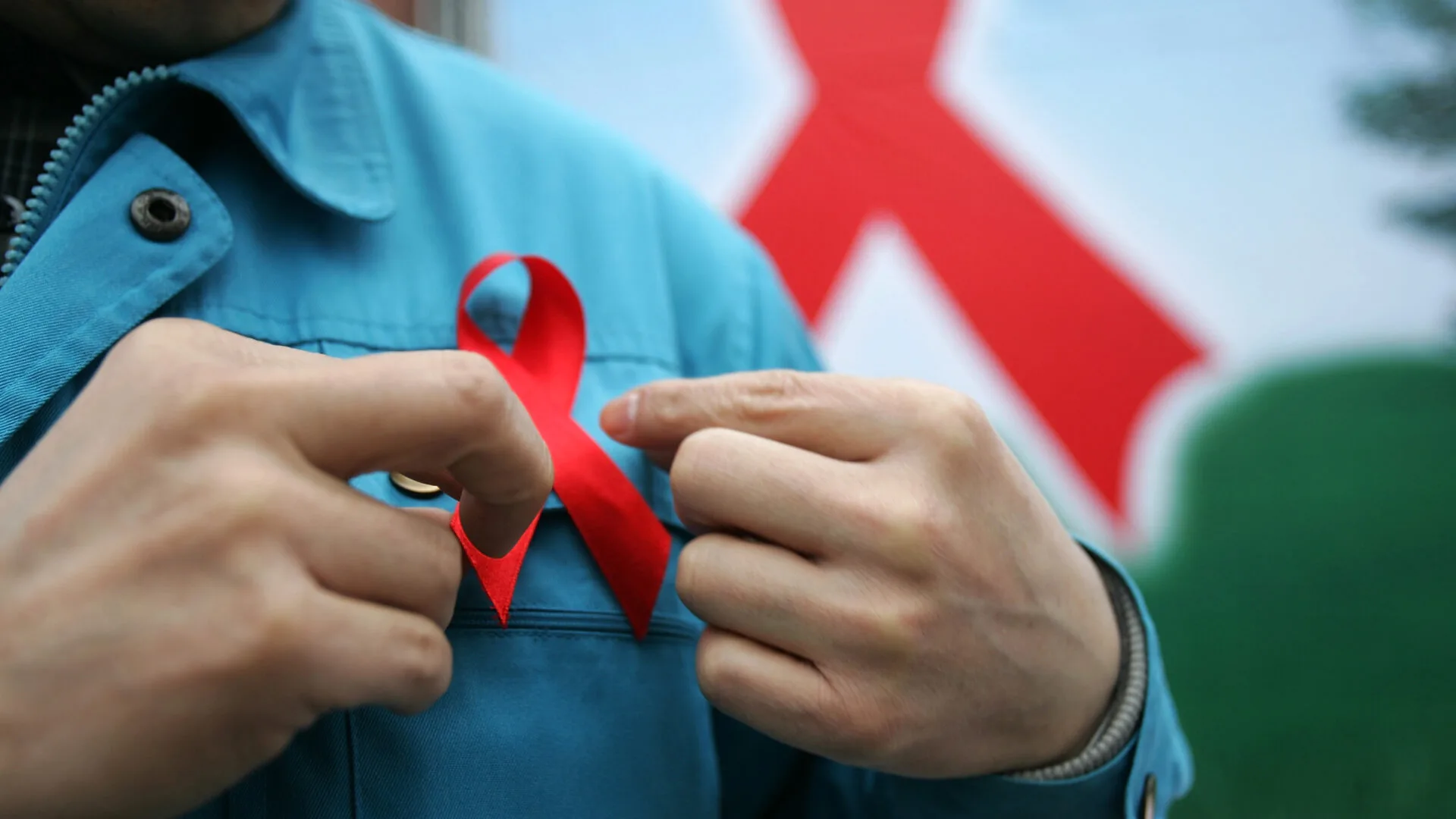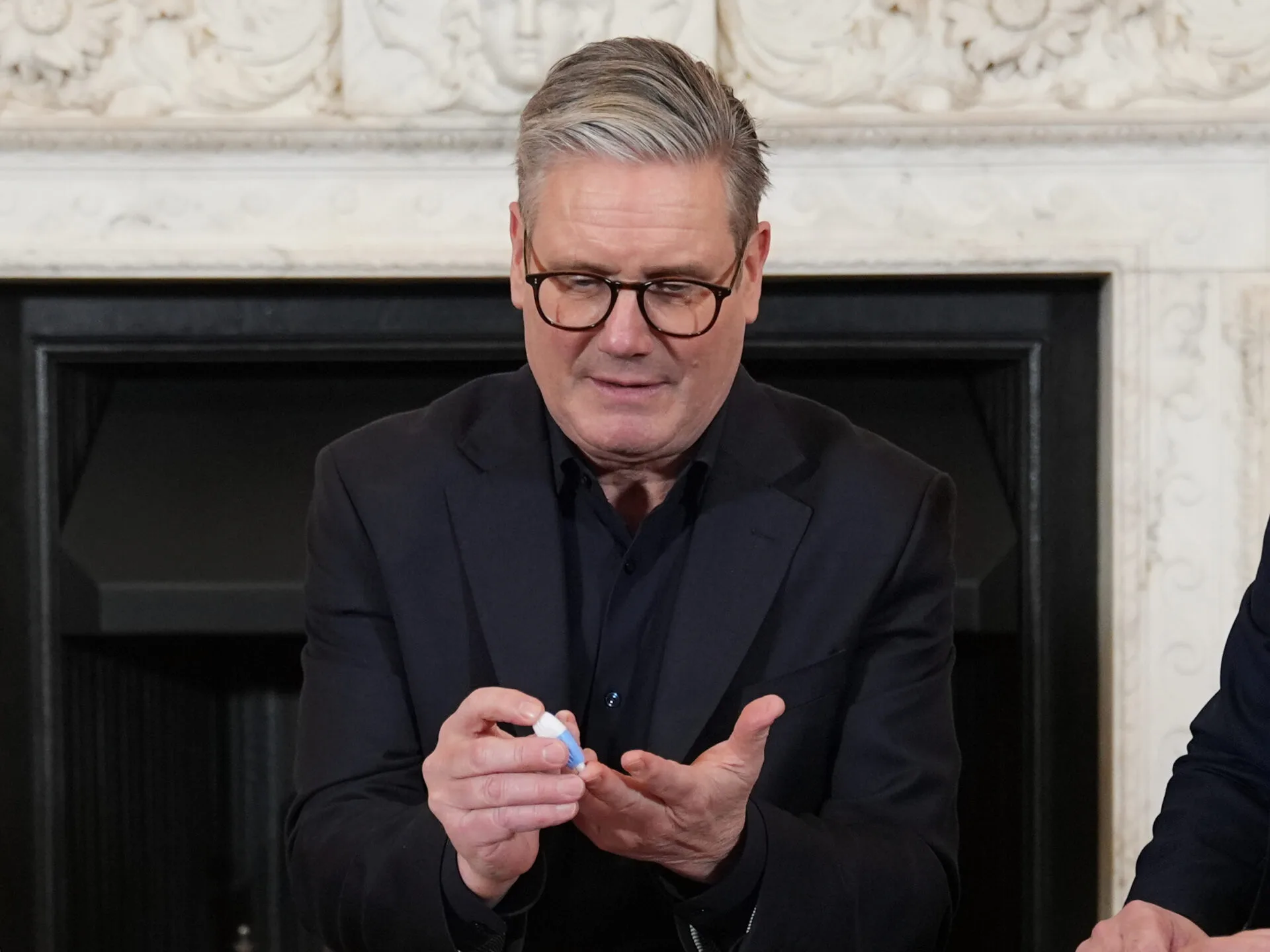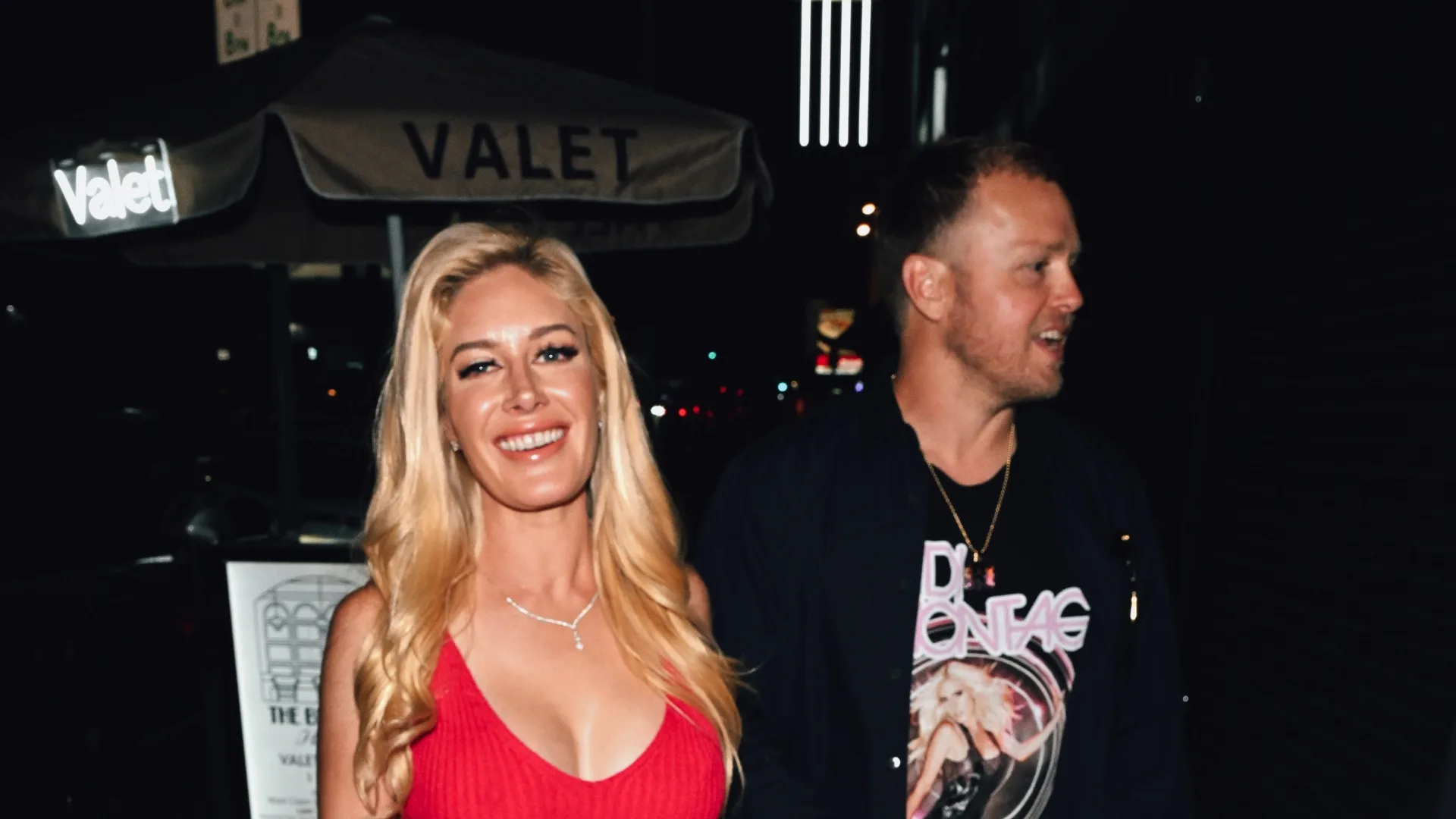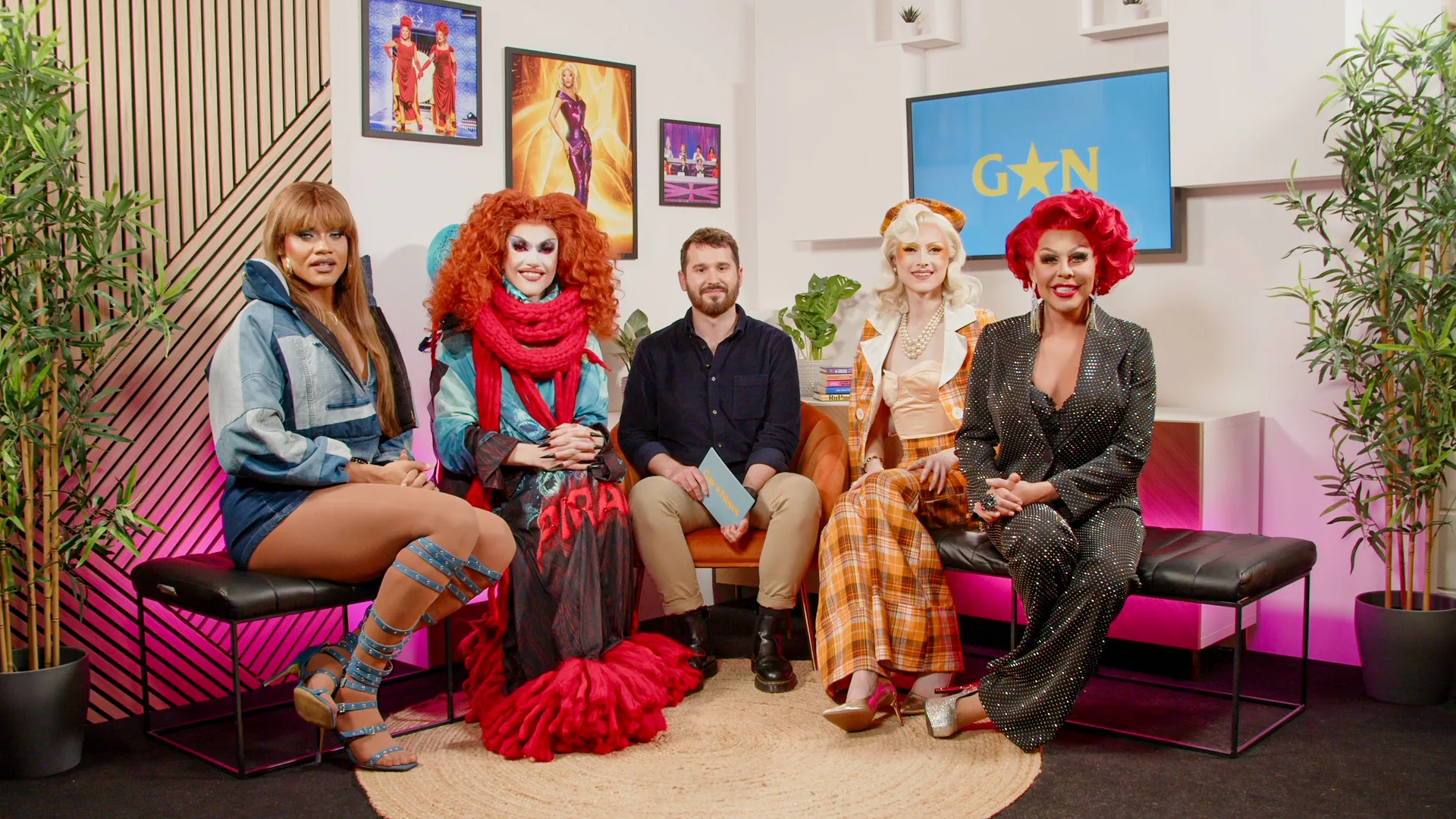When I first moved to London in 2009, Time Out’s LGBTQ+ section was explicitly centered around nightlife. There was literally nothing else for us to do than to go out and fuel our relationships with alcohol and drugs. Our culture was boxed into a life of addiction. 16 years later, just this month in fact, a news segment aired on ITV about chemsex drugs, highlighting the heartbreaking death of 27-year-old ‘Tahir’ who was found dead after several days of heavy drug abuse. Dubbed ‘the silent crisis,’ GHB and crystal meth are powerful, destructive drugs, taking the lives of Queer people across the LGBTQ+ community. Chemsex (chemical sex) is used to enhance sexual pleasure and has had a devastating impact on the lives of many, particularly Gay men, often leading to dangerous, exploitative situations and non-consensual sexual encounters. These highly addictive, euphoric drugs allow you to numb yourself from isolation and shame, which is ultimately something that all Queer people spend their whole lives dealing with.
“It’s an extremely complex world, and a focus on the mental health challenges and past trauma facing those in a marginalised community is important to consider.” – Sam Feader, ITV
As someone who has battled with substance abuse, it was truly heartbreaking to read about Tahir’s story and the devastation these drugs continue to cause throughout our community. Addiction is a cruel, cunning disease that will take everything away from you – something you can’t ‘just decide’ to stop overnight. Addiction doesn’t discriminate against anyone. Gay or Straight, rich or poor, Black, White, or anything in between.
The good news is, it would seem every section of society is waking up to it. Sobriety is a key talking point on RuPaul’s Drag Race for many of the contestants, with RuPaul himself being an advocate for ‘going clean’. Earlier this year, The Times reported that almost half of young people no longer drink alcohol. One in every fifty pints in the UK is alcohol free. The optics would have you believe, when it comes to addiction, things have never been better…
In 2024, Charli XCX released Brat, an album that was heavily marketed towards Gen Z and millennial audiences. Ultimately becoming the Collins Dictionary 2024 word of the year, Charli defined “brat” as a “confident, independent and hedonistic attitude,” or someone who “has a breakdown,” but “parties through it.” As the lyric “bumpin’ that” from the track 365 became the go-to refrain of the summer, and Blood Records released a special edition vinyl filled with white powder, questions naturally arose as to whether the singer was glamorising drug use.
Brat was shortly followed by the release of FKA Twigs’ 3rd studio album Eusexua, a word Twigs invented to describe the “sensation of being so euphoric that one could transcend human form.” Inspired by her experiences at the techno rave scene in Prague, club kids and alternative cultures, Twigs came under scrutiny after promoting the album by writing “1.5 mg dose of Eusexua. enter the void,” in an Instagram caption. Some speculated that she could be making a comparison between “eusexua” and GHB, of which 1.5ml would be a potentially lethal dose. Such overdoses are the exact way so many people in our community are dying.
There is a fine line between documenting subcultures and glamourising them. Harm reduction feels like the distinction, but that’s very difficult to convey in a pop culture context. Younger audiences could be drawn to seek these “out of body experiences” or feel included in a cultural moment without the knowledge of the lethal and long-term effects these drugs can cause. In England, the number of under-18s entering drug treatment who describe party drug ketamine as one of their problem substances rose from 335 to 917 between 2020-21 and 2023-24, according to the National Drug Treatment Monitoring System. The same study, conducted for NHS England, suggested the use of ketamine among schoolchildren had more than doubled in the last decade from 0.4% in 2013 to 0.9% in 2023.
It would be wrong to pretend that drug use doesn’t happen, but we need a nuanced representation of it, including the flip side of joyous abandon – the come down and the devastation. Many young people experiment with drugs and, at the time, they were an important part of my life. I met my best friends and fell into a career that I love and in some respects, drugs were imperative to helping find the ‘confidence’ I had lost through adolescence. I too went through a phase of glamorising them, joking around about how many days I stayed up or how much money I had spent. I didn’t know that this would be something that would eventually destroy my life.
Just last week it was announced that James Lee Williams (aka The Viviene), a Drag Queen from Liverpool who shot to fame after winning the first season of BBC’S RPDR had suffered a cardiac arrest after a long battle with ketamine addiction. Whilst on the show, Williams had been praised by his fans after publicly speaking about his addiction, raising awareness and offering strength and hope to his growing LGBTQ+ fanbase. William’s death is truly heartbreaking and a huge loss to our community but also a hard hitting reminder of the power of addiction. You can have all the money, fame and success in the world but addiction does not care about achievements. Addiction wants you isolated and dead. In 2021, I lost a friend to lung cancer caused by nicotine addiction, something that had been glamorised in advertising, film, and pop culture since the 1920’s. Even when cigarette adverts were banned in the UK in 2003, in recognition of the harm they caused, it seemed every narrative on television still featured a cool smoker that you either wanted to be, or wanted to be with. I will never forget the deterioration of my friend’s health and the pain she suffered as she struggled to breathe in the months before she died.
Garnering an LGBTQ+ fanbase is the holy grail for any female pop star. LGBTQ+ audiences are not only influential, they are dedicated – just look at ‘Free Britney.’ We love to obsess over pop culture and boast about our dedication to the most relevant pop star trending. As a society we have an unhealthy relationship with celebrities, becoming quickly enmeshed, often putting these artists on a pedestal and developing para-social relationships.
If you’re going to take drugs, it’s important to use them responsibly and understand the consequences of drug misuse. Society wants us divided, living in fear and alcohol/ drug culture has been an easy distraction for so many years. The issue of substance abuse and addiction within the LGBTQ+ community compared to the general heterosexual population is a complex and multifaceted topic. A recent study by UCL researchers found that LGBTQ+ people are significantly more likely to have mental health conditions and report alcohol and drug misuse than heterosexual people, a direct result of higher levels of discrimination, stigma, and social rejection. There is so much more awareness around LGBTQ+ mental health and more and more people are learning to live a life free from substance abuse. There are fundraisers and charities set up to help our community face this epidemic, something that wasn’t available until recently. Recovery is hard work. It requires you to turn up everyday and work through difficult feelings that we have learnt to push away and disconnect from but raising more awareness around it is essential if anything is going to change.
These recent PR stunts are obvious and tiring. We are on the brink of being ruled by a fascist, far-right party which will inevitably lead to more homophobia, more transphobia and probably more drug misuse — something our community has often used to deal with its ongoing rejection from society. We don’t need dangerous messages from our favourite pop stars too.
I hope Tahir’s story encourages us to wake up and stop society brushing these important issues under the carpet. We know how to stand up to adversity and only need to look back to see how our community fought for victims during the AIDS epidemic and the recent outbreak of Monkeypox. Like AIDS and Monkeypox, Addiction can be a terminal illness and a huge threat to LGBTQ+ people around the world — together we have the power to do something about it. Make your music, use your voice, but don’t use our suffering if you’re not prepared to do anything about it. We are not a disposable marketing tool. We are human beings, trying desperately to live.
If you would like support, search for online or in-person AA or NA meetings, or reach out to London Friend – the UK’s oldest Lesbian, Gay, Bisexual and Trans charity, here to support the health and mental wellbeing of the LGBTQ+ community in and around London.
Joseph Wilson is a visual artist and director based in East London.

